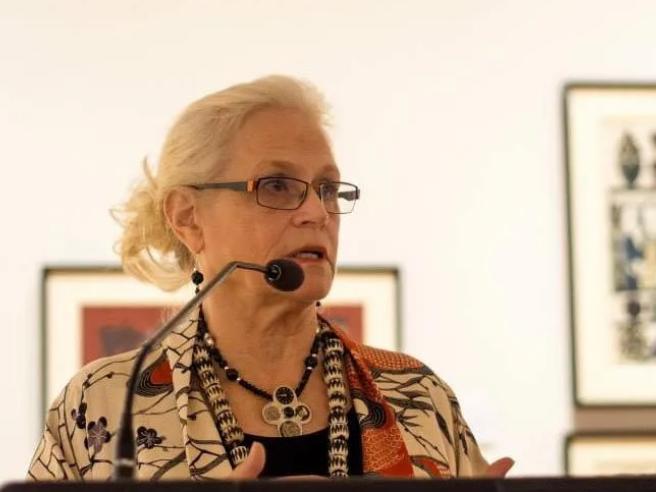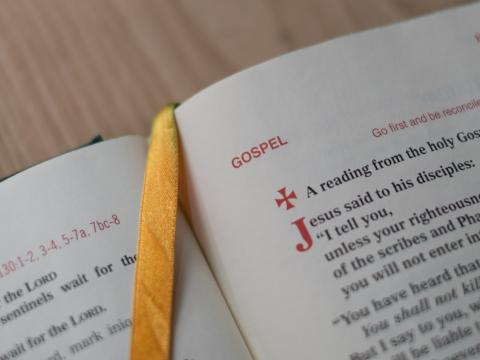Thoughts on Collecting Art
I just returned from a trip to England visiting towns northeast of London – where my mother’s relatives lived in the sixteenth and seventeenth centuries – searching for churches where they had worshiped before their immigration to the New World. Some of the churches were in small villages, while others had to be ferreted out by driving down miles of narrow hedged roads and past fields of spring hay and intense yellow rapeseed before spotting a bell tower through a cluster of trees.
Read more











